The Electric Vehicle Revolution in Vietnam: Unlocking the Second Half of 2025 and Beyond
The Vietnamese automotive market is predicted to witness a pivotal shift in the second half of 2025 with the surge of electrified vehicles (including EVs, PHEVs, and HEVs).
From automakers’ product strategies and government support policies to shifting consumer behaviors, these collective forces are propelling this transformative wave like never before.
Accelerating the Quantity and Diversity of Electrified Vehicles
While the first half of 2025 saw a stagnant electrified vehicle market in Vietnam, the third quarter marks a turning point with an influx of offerings from both domestic and international brands. Notably, hybrid (HEV) and plug-in hybrid (PHEV) vehicles are becoming strategic focuses for many automakers due to their flexible operation without solely relying on charging infrastructure, which is still undergoing development in Vietnam.
As of the end of June 2025, the market has witnessed the introduction of numerous new electric, PHEV, and HEV models, spanning across segments from affordable to premium. Notable mentions include the BYD Sealion 6 PHEV, KIA Carnival HEV, Jeacoo J7 PHEV, DongFeng HUGE PHEV, Haval Jolion HEV, BYD Sealion 8 EV, and VinFast Green EV, each representing a unique approach to technology, design, and target customer base.
Not only are Chinese brands accelerating market share expansion with competitively priced products, but Japanese automakers, known for their cautious approach, have also taken definitive steps in their electrification journey in Vietnam. Toyota, Honda, and Mitsubishi are gradually electrifying their core models, ranging from hatchback segment B offerings like the Yaris Cross HEV and sedans like the Civic e:HEV to urban SUVs such as the CR-V hybrid and Outlander HEV.
This synchronized shift signifies that the electrified vehicle game in Vietnam has entered a new phase, evolving from market testing to a full-fledged race driven by technology, pricing, and implementation speed.
Consumer Behavior Transformation: Hybrid Reigns, EV Gradually Accepted
According to surveys, up to 62% of consumers express interest in hybrid or plug-in hybrid vehicles for their next purchase, while only 21% consider EVs. This reflects a clear transitional mindset among Vietnamese consumers, indicating a preference for gradual electrification rather than a “leap” towards EVs while the infrastructure remains incomplete.
The primary concerns revolve around charging stations, charging times, and EV battery lifespan. In contrast, PHEVs and HEVs offer a familiar driving experience akin to traditional gasoline vehicles while providing fuel efficiency and electric operation at low speeds or in urban settings.
Price Competition and Government Support as Catalysts
The pricing of electrified vehicles in Vietnam is trending towards parity with traditional gasoline-powered cars, largely due to the aggressive entry of Chinese automakers. A notable example is the BYD Sealion 6 DM-i, priced at 799 million VND. This price point is considered competitive with popular gasoline SUVs like the Hyundai Tucson and Mazda CX-5, while offering superior fuel-saving technology and pure electric driving capability.
On the policy front, the revised Special Consumption Tax Law, expected to be passed by the end of 2025, will reduce taxes for PHEVs and HEVs below current levels. Additionally, several provinces and cities are exploring incentives such as preferential registration fees, parking fees, and priority driving zones for electrified vehicles.
Persistent Challenges: Infrastructure and Market Awareness
Despite the growing trend towards electrification, infrastructure and market awareness remain significant hurdles for Vietnamese consumers. The charging infrastructure challenge persists, particularly in urban areas, where many apartment buildings and homes lack dedicated parking spaces, making home charging installations impractical. While the public charging network is expanding, it remains fragmented and inconvenient for users due to a lack of standardization across providers.
Moreover, consumer understanding of hybrid and plug-in hybrid technologies is still vague for most car buyers. The myriad of hybrid systems, from mild hybrid to full hybrid and PHEV, can lead to unrealistic expectations regarding fuel savings or performance. Insufficient information and accurate advice also contribute to consumers’ hesitancy when considering electrified vehicles.
Forecast: Second Half of 2025 as a Launchpad for the Pivotal Year 2026
Industry experts predict that the second half of 2025 will be a period of true explosion for electrified vehicles in Vietnam, fueled by supportive policies and an influx of Chinese EV brands.
A recently issued government decree extends the exemption of the 100% registration fee for electric cars running on batteries until February 28, 2027. Specifically, from March 1, 2025, to February 28, 2027, buyers of new electric cars will continue to benefit from a 0% registration fee, significantly reducing ownership costs and influencing purchase decisions.
Alongside policy support, the Vietnamese market is witnessing the arrival of several Chinese EV brands, alongside the domestic brand VinFast. By mid-2025, at least five new energy vehicle manufacturers from China had entered the market, offering a diverse range of vehicles from mini cars to SUVs and MPVs. This competition not only brings continuous attractive incentives but also expands choices for consumers, especially those considering the switch from gasoline to green vehicles.
The year 2026 is expected to be pivotal, as the market establishes standards for technology, services, and support policies, paving the way for electrification to become the dominant trend rather than a niche segment.

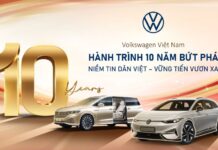

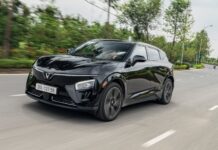
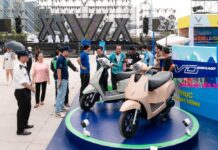






















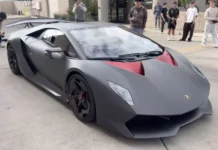

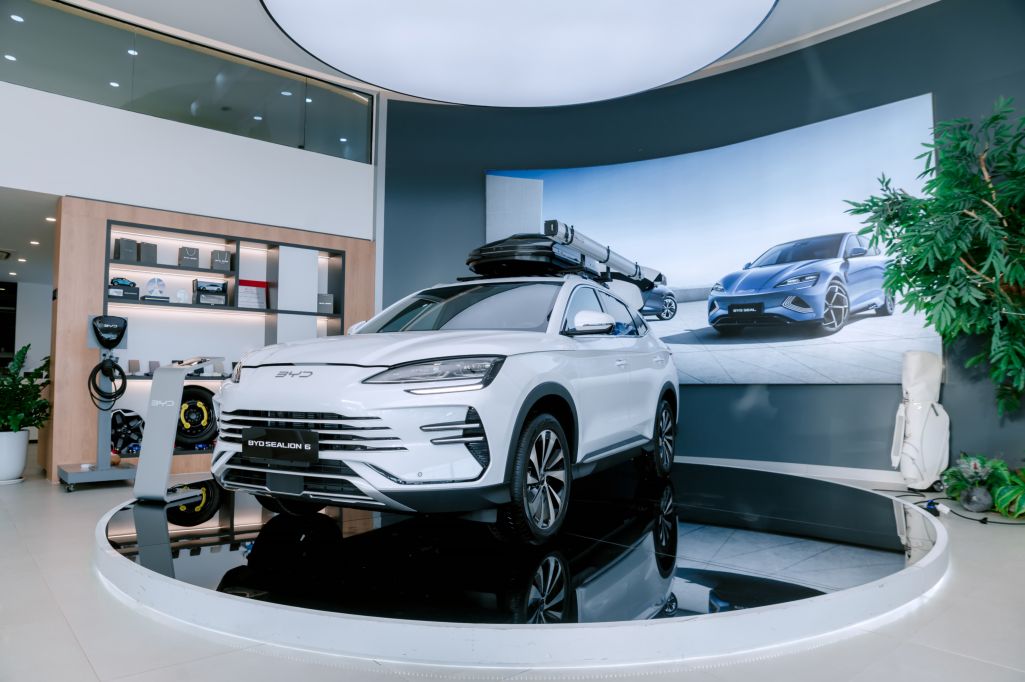
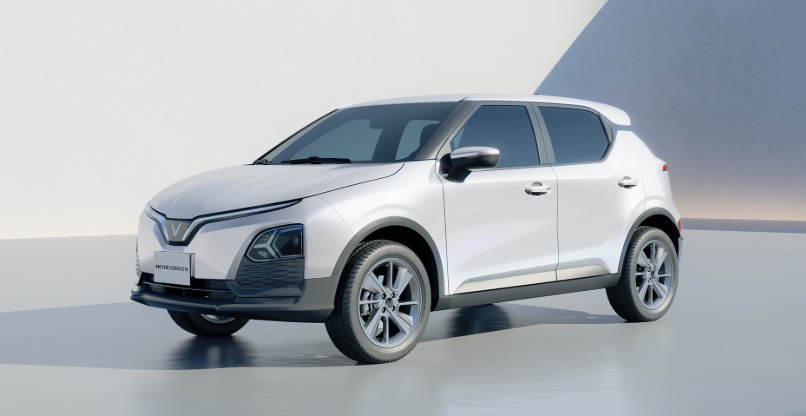
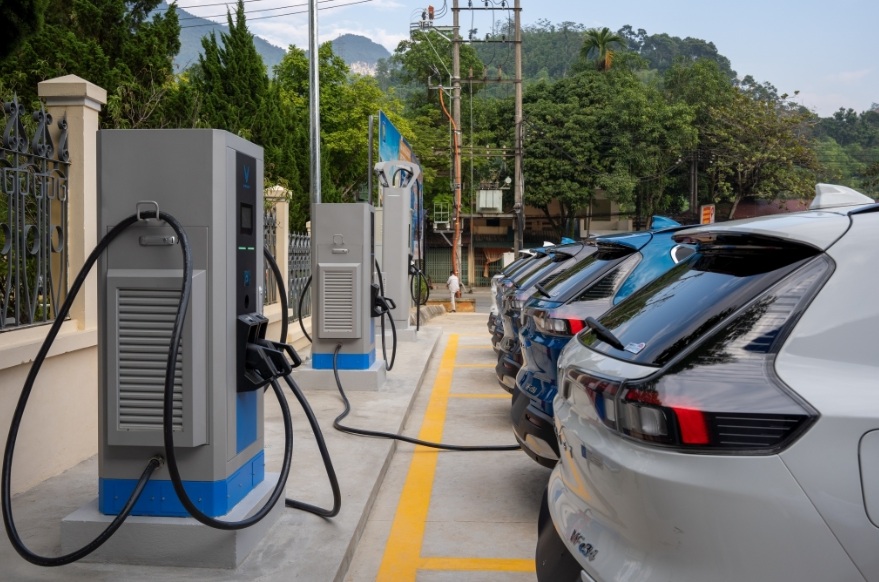
.jpg)
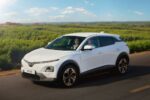


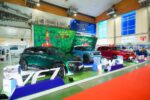
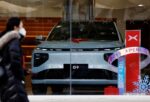









![[VMS 2024] Green Machines Take Over Vietnam Motor Show 2024](https://vnauto.net/wp-content/uploads/2024/10/xehay-vms2024-25102410-100x70.jpg)

